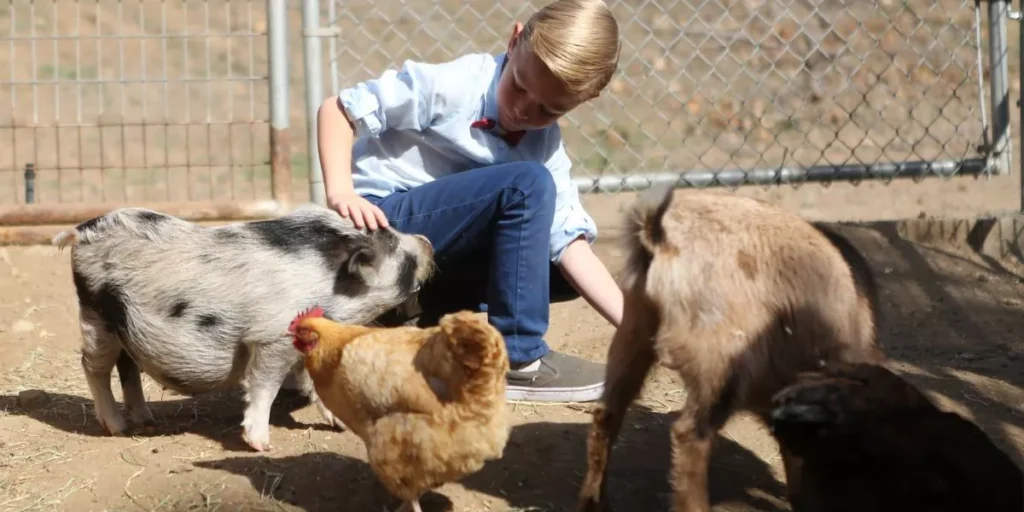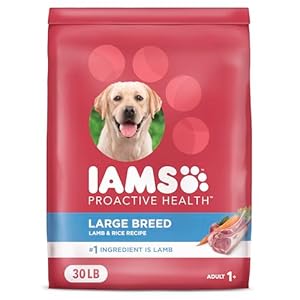
To keep your small animal’s habitat odor-free, implementing simple yet effective strategies is key. Imagine coming home to a space that doesn’t overwhelm your senses with unpleasant smells. By following a few practical tips, you can ensure a clean and fresh environment for your furry friend. So, let’s explore some subtle adjustments that can make a significant difference in maintaining an odor-free habitat for your small animal.
Proper Cage Setup
When setting up your small animal’s cage, prioritize proper ventilation to minimize odor buildup. Ensure the cage has enough airflow by choosing one with adequate ventilation holes or openings. Placing the cage in a well-ventilated area of your home can also help prevent odors from becoming overwhelming. Additionally, consider using a cage with a removable tray or bottom for easy cleaning access.
Another essential aspect of proper cage setup is choosing the right bedding for your small animal. Opt for bedding materials that are absorbent and can help control odors. Materials like paper-based bedding or aspen shavings are good choices to keep your pet’s habitat smelling fresh.
Moreover, placing your small animal’s cage away from direct sunlight and moisture-prone areas can prevent mold and mildew growth, which can contribute to unpleasant odors. Regularly inspect the cage for any signs of dampness or mold, and promptly address any issues to maintain a clean and odor-free environment for your furry friend.
Regular Cleaning Routine
Maintain a consistent cleaning schedule to keep your small animal’s habitat fresh and odor-free. Regular cleaning is essential for ensuring a healthy environment for your furry friend. Start by removing any uneaten food, soiled bedding, and waste daily. Spot clean any messes as soon as you notice them to prevent odors from building up.
Every week, set aside some time for a deeper clean. Wash your small animal’s dishes, toys, and accessories with hot, soapy water. Replace the bedding entirely and sanitize the habitat with a pet-safe cleaner. Make sure to dry everything thoroughly before putting it back to prevent mold growth.
Additionally, consider scheduling a monthly deep clean. Take out all accessories and toys to clean them thoroughly. Check for any signs of wear and tear that may be contributing to odors. By staying on top of your cleaning routine, you can create a fresh and pleasant living space for your small animal.
Strategic Placement of Accessories
To ensure your small animal’s habitat remains odor-free, strategically placing accessories can help enhance the overall cleanliness of the living space.
When setting up your pet’s habitat, consider the placement of items like food and water dishes, bedding, and toys. Locate the food and water dishes away from the bedding area to prevent spills or leaks from soiling the bedding material. Placing these items on a tray or mat can also help contain any mess.
Bedding should be positioned in a corner or designated area, making it easier to spot-clean or replace when necessary. Toys and enrichment items can be spread throughout the habitat to encourage exploration and prevent waste buildup in a single area.
Additionally, consider placing a litter box in a quiet corner to promote good litter habits and minimize odors. By strategically arranging accessories in your small animal’s habitat, you can create a more organized and odor-free living environment for your furry friend.
Natural Odor Eliminators
Enhance your small animal’s habitat cleanliness by incorporating natural odor eliminators. Natural odor eliminators are effective at neutralizing unwanted smells in your pet’s living space without the use of harsh chemicals. Baking soda is a versatile option that can be sprinkled at the bottom of the cage or mixed into bedding to absorb odors. Activated charcoal is another powerful natural deodorizer that can help control strong scents in the enclosure.
Additionally, essential oils like lavender, eucalyptus, or peppermint, when diluted with water, can be sprayed in the habitat to freshen the air and combat unpleasant odors. Vinegar, known for its odor-fighting properties, can also be diluted with water and used to wipe down surfaces in the cage.
Maintaining good ventilation in the habitat is crucial when using natural odor eliminators to ensure proper air circulation. Regular cleaning and changing of bedding, along with the strategic placement of these natural deodorizers, will help keep your small animal’s habitat smelling fresh and clean.
Pet supplies














